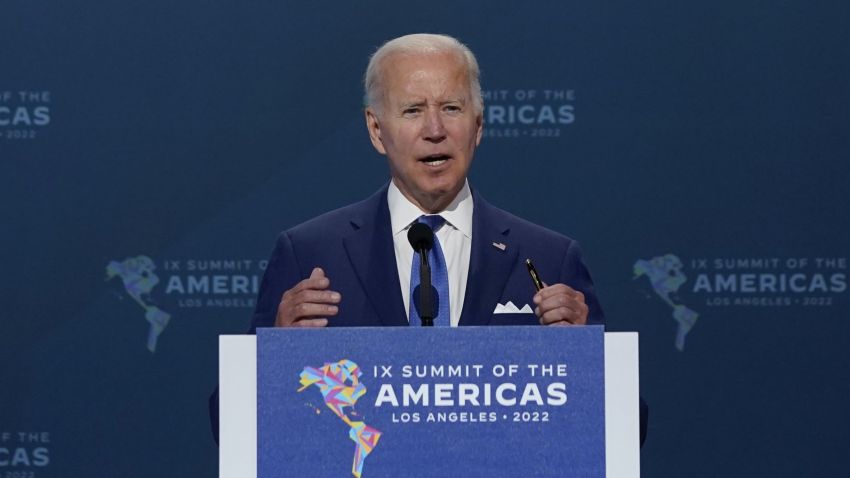The concern over strategic competition with China is palpable in Washington these days. But an effective strategy for countering China’s aggressive and coordinated global outreach has so far eluded U.S. policymakers. Nowhere is this truer than in Latin America and the Caribbean, where a combination of China’s expanded economic footprint and a resurgence of the region’s left have dented Washington’s influence in recent years.
The good news is that real opportunities exist for the U.S. to deepen its relationships in the region, including with some of the recently elected leftist leaders. A case in point is Chile, where President Gabriel Boric won election last year after campaigning on a progressive, leftist platform. Yet Boric has proven to be open to compromise since taking office in March, has not demonstrated the knee-jerk anti-Americanism that many leftists in the region resort to, and has been notably outspoken in criticizing human rights violations on both the left and the right. A pending bilateral tax treaty with Chile would offer Washington the chance to both improve U.S. companies’ competitiveness in a crucial regional economy, while also helping to develop ties with the region’s “new left.”
Latin America has often received short shrift from the U.S. foreign policy establishment. Today, this is simply inexcusable, given that citizens of the Western Hemisphere broadly support democracy and market-led economies, are stewards of key strategic resources, and are being wooed by China as Beijing looks to increase its global presence and clout.

